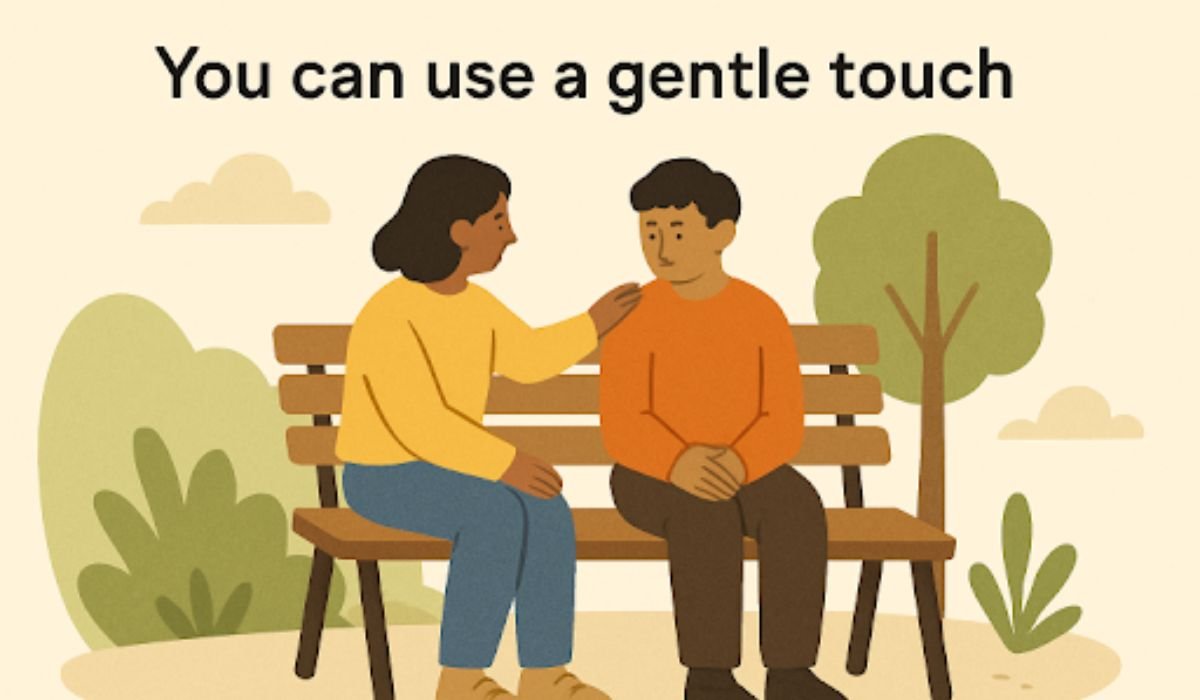When a loved one is placed in a nursing home, you expect them to receive the highest level of care and respect.
Unfortunately, there are times when nursing homes fail to meet these expectations, leading to neglect or even abuse. Suing a nursing home for negligence is a serious decision, but in some cases, it may be the best way to ensure justice and prevent further harm.
Here are six key reasons why you might want to consider pursuing legal action.
1. Physical Abuse or Neglect of a Loved One
One of the most alarming reasons to consider suing a nursing home for negligence is the occurrence of physical abuse or neglect. It is essential to take immediate action if your loved one is being physically harmed, such as:
- hitting
- shoving
- inappropriate use of restraints
Neglect can also include failing to provide adequate:
- nutrition
- hydration
- medication
This can lead to serious health consequences.
2. Unexplained Injuries or Poor Health
In many cases, nursing home negligence shows itself through unexplained injuries or a sudden decline in health. If your loved one has bruises, broken bones, or frequent falls, it may be a sign that the nursing home staff isn’t providing the proper care or supervision.
A sudden weight loss or worsening health conditions without any clear explanation could also point to neglect.
3. Lack of Proper Medical Care
Many nursing home residents have complex medical needs that require consistent attention and care. If the nursing home fails to provide the necessary medical care, this can lead to serious complications.
Suing a nursing home for negligence is important if the facility does not have a qualified medical staff or fails to administer prescribed medications on time.
4. Failure to Prevent Bedsores
Bedsores, also known as pressure ulcers, are painful and preventable injuries that often occur when a resident is left in one position for too long. If nursing home staff neglects to turn or reposition a bedridden patient, it can lead to severe bedsores.
This is a clear sign of negligence and abuse, and with the help of a nursing home abuse attorney, legal actions may be necessary to hold the nursing home accountable.
5. Mental and Emotional Abuse
Mental and emotional abuse is another form of neglect that can occur in nursing homes. This may involve verbal abuse, humiliation, or intimidation by the staff. Signs of emotional abuse can include:
- withdrawal
- depression
- sudden behavioral changes
If your loved one is experiencing emotional trauma due to mistreatment or neglect, suing a nursing home for negligence can help protect them and stop the cycle of nursing home abuse.
6. Poor Sanitation and Living Conditions
The physical environment in which a nursing home operates is just as important as the quality of care provided. Unsanitary conditions, such as unclean rooms, filthy bathrooms, or moldy environments, are signs of negligence.
A poorly maintained nursing home can expose residents to infections and other health risks. If the nursing home does not maintain a clean and safe living space for its residents, you may need to consider talking to a nursing home injury lawyer.
Know the Basics of Suing a Nursing Home for Negligence
Suing a nursing home for negligence is a serious decision, but it is sometimes necessary to protect your loved one. If you believe your loved one is a victim of nursing home abuse or neglect, it is important to seek legal advice and pursue justice. Your loved one deserves to live in a safe and caring environment, and you have the right to fight for that safety.
Visit our website for more like this.











